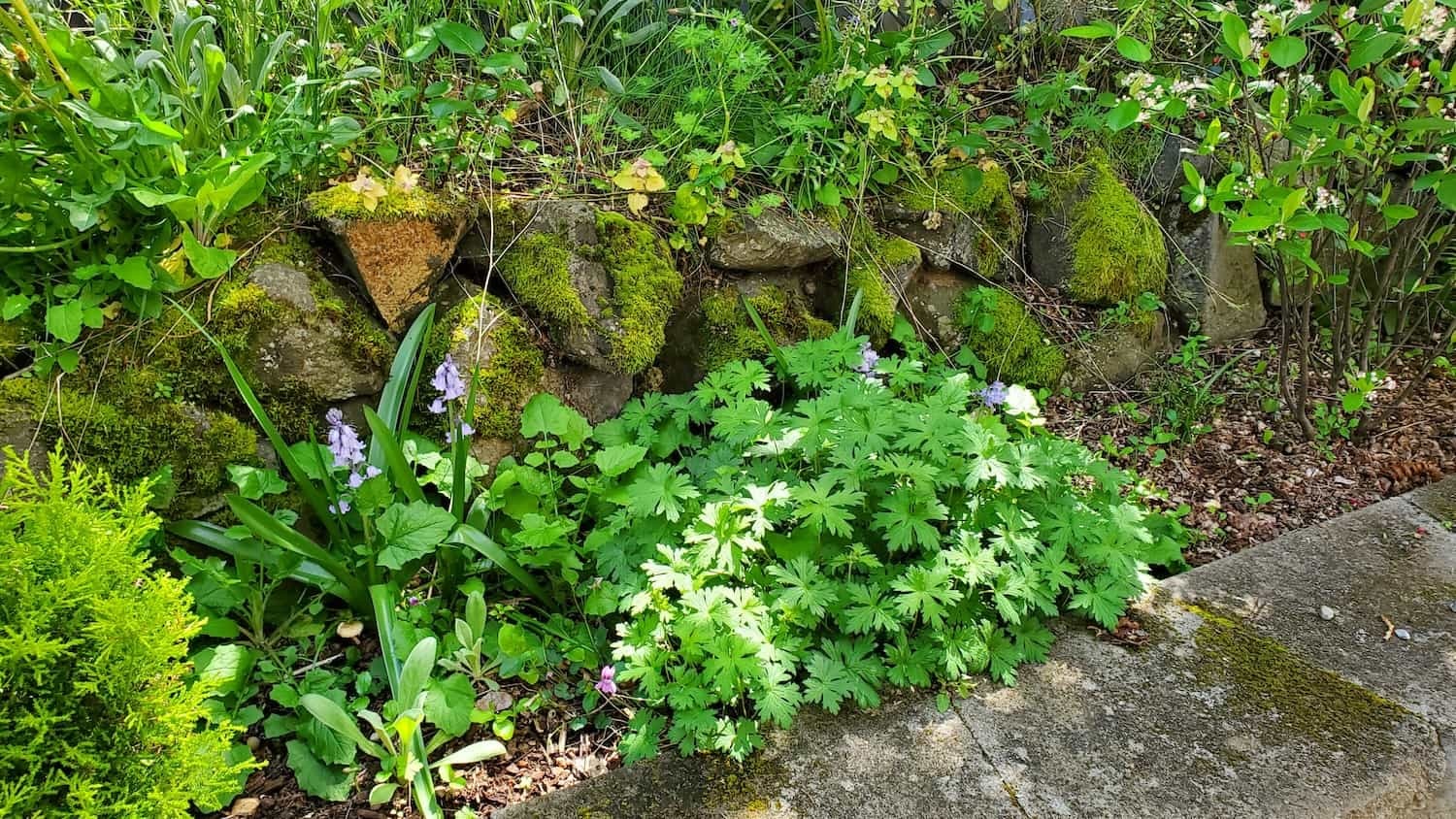West Seattle Remove deadheading flowers
Homeowner’s Issue
West Seattle gardens face a unique mix of challenges: heavy, wet winters that encourage moss and rot, and mild, often cloudy summers that still produce vigorous spring growth. Many yards—especially near Alki, Admiral, and the hills above Fauntleroy—have compacted glacial soils over clay pockets that hold water and stress plants. Spent flowers left on shrubs and perennials become yeast- and slug-attractors in our damp months and can encourage self-seeding we don’t want.
Sun exposure changes block by block here: ridge-top beds get afternoon sun and dry faster, while lower or north-facing yards often stay shady and moss-prone. Slopes and swales common in this area create drainage flow that can wash mulch and seeds into curb cuts, which HOA or city rules sometimes flag. Combined with neighborhood curb appeal expectations, deadheading isn’t just cosmetic—it reduces seed set, lowers disease pressure, and nudges plants into more predictable bloom cycles.
Homeowners often delay deadheading because it’s repetitive, slippery in wet weather, and easy to miss on rental or busy properties. We focus on consistent, sustainable two-fold maintenance: remove spent blooms to extend flowering and tidy debris to cut pest and fungal habitat, all without herbicides or synthetic sprays.
Our Quality Service
We deadhead by species—perennial by perennial—using hand pruners, snips, and folding saws for woody stems. Jobs scheduled May–Sept focus on repeat-bloomers; spring cleanups include spent bulbs and seedheads. Typical sessions are 1–3 hours for small yards, with larger landscapes scoped before work and scheduled within 3–7 days.
Local insight drives our timing: we avoid heavy rain windows and work during early morning or late afternoon in dry spells to reduce plant stress. We address slope runoff by tucking cuttings away from swales and use only manual or organic methods for pest/weed control—no herbicides. Benefits include safer paths, stronger reblooming, cleaner curb appeal, and lower long-term upkeep.
What’s Included
- Identification and selective deadheading by plant type.
- Clean, angled cuts to promote new growth.
- Removal and composting of clippings (or green bin option).
- Bed edging and light trimming where needed.
- Site assessment for drainage or soil improvement opportunities.
Options / Upgrades:
- Mulch + fabric installation for weed suppression (sustainable materials only).
- Organic soil amendment and compost top-dress.
- Manual ivy and moss reduction (no chemical controls).
- Haul-away (landfill) vs. green-bin composting choice.
- Seasonal planting refresh (native, pollinator-friendly selections).
Before & After / Expectations
Expect some noise and short-term mess while we work—pruners, leaf blowers for final tidy, and a truck for haul-away if requested. Small branches and spent blooms are removed the same day unless you choose compost/green bin drop-off. Typical turnaround: same-week booking for small jobs, 1–2 weeks for larger scopes.
Care tips for West Seattle:
- Water sparingly during the rainy season; in dry spells water early morning once per week for established beds.
- Peak weed pressure is spring and fall—schedule follow-ups then.
- Shady, north-facing beds will hold moss; regular light raking and targeted thinning reduce it.
- Remove seedheads before they dry to limit volunteer seedlings on slopes.
FAQs
Q: How often should I deadhead?
A: Monthly through the growing season for most ornamentals; every 2–3 weeks for high-visibility displays.Q: Do you use chemicals?
A: No. We use only manual, mechanical, or organic methods—no herbicides or synthetic sprays.Q: Will you haul away debris?
A: Yes. Choose haul-away to landfill or green-bin composting—both priced up front.Q: How do you handle access on steep lots or tight alleys in West Seattle?
A: We assess access on the estimate; we bring hand tools for tight spaces and set staging areas to avoid blocking neighbors.
Call to Action
West Seattle homeowners: book a quick, sustainable deadheading visit and get a cleaner, longer-lasting display without herbicides. We schedule fast for Alki, Admiral, Fauntleroy, and surrounding blocks. Free estimates and straightforward pricing—local crews, practical results.
Email: neatandtidyseattle@gmail.com
Phone: 206-538-9344
Ready for a tidy, flowering yard that fits West Seattle conditions? Send photos or request an on-site estimate today.










